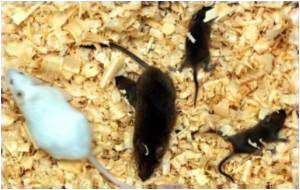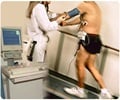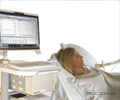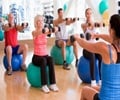Mouse study has offered initial proof that exercise stimulates autophagy, way by which a cell responds to starvation and other stresses by degrading broken or unwanted parts of itself to make energy.

This finding has led the UT Southwestern Medical Center researchers to suggest that the health benefits of exercise on blood sugar metabolism may come from the body's ability to devour itself.
"Exercise is known to have many health benefits but the mechanisms have been unclear. Autophagy is also known to have several health benefits, and these benefits correspond closely to the effects of exercise. We hypothesized that some of the health benefits of exercise might be explained through autophagy," said senior author Dr. Beth Levine, professor of internal medicine and microbiology who leads the Center for Autophagy Research at UT Southwestern.
Dr. Levine, a Howard Hughes Medical Institute (HHMI) investigator at the medical center, decided to focus on one specific health effect of exercise - the ability of exercise to prevent blood sugar abnormalities in the face of a high-fat diet.
The researchers found that mice genetically unable to increase autophagy in response to short-term exercise have decreased endurance and fail to experience the normal benefits of exercise on blood sugar metabolism.
This discovery led the team to investigate whether autophagy is important in the protective effects of chronic exercise on diabetes. A high-fat diet induced diabetes-like changes in blood sugar metabolism in both control mice and in test mice that were genetically unable to increase autophagy above baseline levels, said Dr. Congcong He, lead author and a postdoctoral researcher in Dr. Levine's lab.
"Our finding that exercise fails to improve glucose metabolism in autophagy-deficient mice strongly suggests that autophagy is an important mechanism by which exercise protects against diabetes," said Dr. Levine.
The finding was reported in the journal Nature.
Source-ANI
 MEDINDIA
MEDINDIA




 Email
Email










